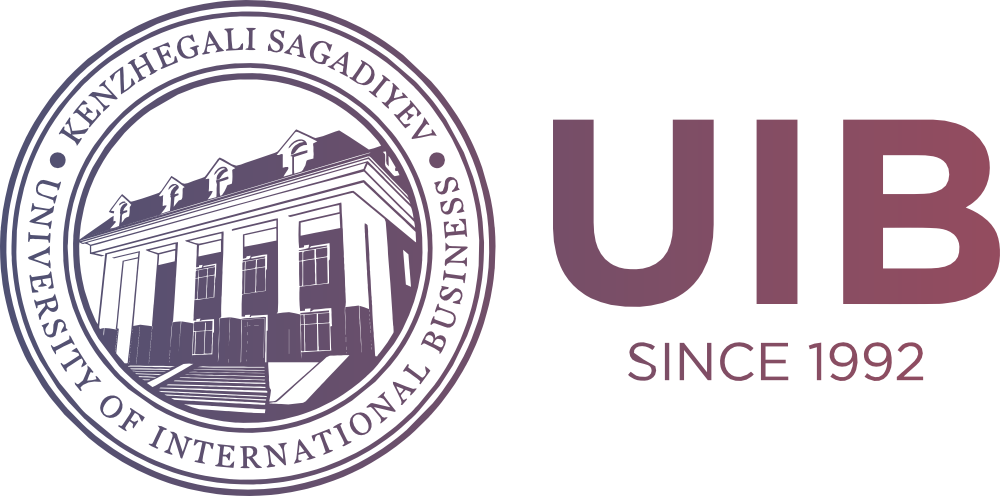A Qualitative Assessment of Creative Entrepreneurs’ Practices and Their Influence on Sustainability of Cultural Code of Nation
DOI:
https://doi.org/10.47703/ejebs.v3i67.257Keywords:
Creative entrepreneurs, Cultural code of a nation, Cultural Creative Capital, Mare milk industry, Cultural Creative IndustriesAbstract
This paper aims to understand how creative entrepreneurs’ (CEs) motivation influences on sustainability of the cultural code of a nation (SCCN) through generating cultural creative capital (CCCs) in the Kazakhstani mare milk industry (MMI). It presents a challenge for CE to combine and integrate two such distinct sectors: the high-growth technology and cultural production. We apply our finding on a practical basis in order to create a synergy of cultural creative development, where the main role is assigned to CE. This study purposes to explore the key mechanism of CE impact to SCCN. Content analysis has been used along with 31 in-depth interviews to obtain the research objective. Data was collected from CEs through an interview, along with archival information to construct a synergy of cultural creative development with CEs. The study unfolds by coding themes using Atlas.ti 9 several crucial factors like motivation, domain-relevant skills, affordance and commercialization, and cultural protection attitude to SCCN by cultural creative industries (CCIs). The findings of this research revealed that SCCN is achieved through undertaking a set of process models of CEs in the MMI that can be used as a guideline for a variety of stakeholders. Our paper ends with drawing a set of concluding remarks and insights for theory and practice. May assist as a guideline for other traditional industry which is based on cultural products, or some practitioners which has similar type with MMI may use them to build another business.
Downloads
How to Cite
Downloads
Published
Issue
Section
License

This work is licensed under a Creative Commons Attribution 4.0 International License.
Authors retain copyright and grant the journal right of first publication with the work simultaneously licensed under a Creative Commons Attribution (CC-BY) 4.0 License that allows others to share the work with an acknowledgment of the work’s authorship and initial publication in this journal.


